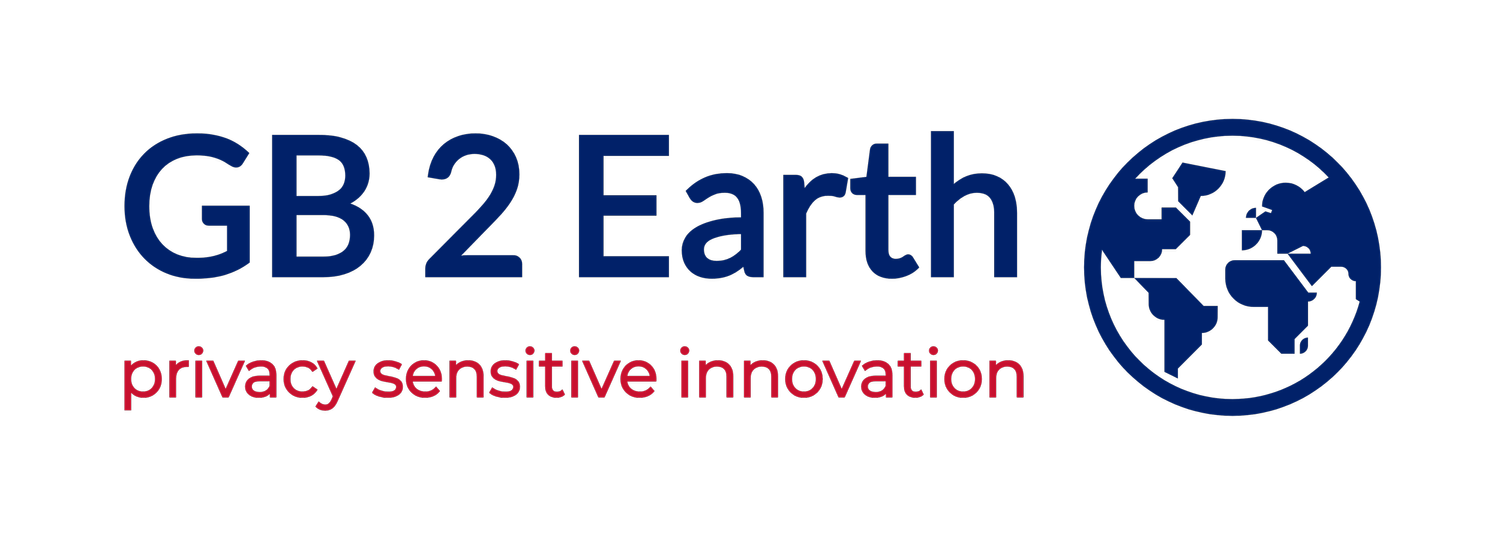READY-to-go projects
In this section, I’ve grouped together some of the main projects which I consider are ready-to-go. All of them have a number of parts, which wouldn’t have to be developed simultaneously for a start to be made on one of the elements of each group.
-
The second iteration of the Better Biz Me Ltd consulting proposal involved a new kind of discovery process we called truth consulting, a step-by-step approach to AI implementation which emphasised the differentiating importance of humans expanded by tech over a tech that was designed primarily to replace us, plus a domain-focused investment approach which required a deeper knowledge of the area to be invested in than many investors have over the years been generally comfortable with.
Click here to begin your truth consulting journey.
-
“StartUp Hunch” was all about overcoming the grip traditional, non-domain investors have had for many years over the flow of investment funds.
It began to posit the idea that if we could validate intuitive visions objectively, the negotiation between funders and funded would move constructively away from a “he says, she says” approach where it was the opinion not the evidence of each party that most counted, and to a more equal relationship based on a newly verifiable dataset: one we have always used, but refused to invest in the verification of.
That is, intuition.
Click here to begin your startup journey.
-
The idea of validating workforce intuition and “nous”, which I started working on in the context of organisational and business consulting, soon morphed into an analysis of a similar application in crime and related. What’s more, my domain knowledge deepened during and after my Criminal Justice MA, which I graduated from in 2017.
It seemed appropriate to start to talk of hunches as much as intuition. And whilst gut feelings and an operational “thinking without thinking” were readily welcomed in this sector, data science and its practitioners continued to generally disregard and dismiss these ideas, often gendering them into a perception of irrelevance I clearly don’t share.
Click here to begin your crime hunch journey.
-
“O Mi Wan’s” first iteration was light in content and was provisionally placed online to signal my imminent move from the UK to the Republic of Ireland.
As time went by, I developed the idea and approach out of an increasing frustration I felt in respect not of an absence of interest in my ideas around intuition validation but a concerted, as well as cowardly, series of attempts to ensure it wouldn’t happen, including what I called “neo-terrorism on the individual”, and which these days I have discovered is called “cognitive warfare”.
“O Mi Wan”, as it stands today, builds on the proposed “Platform Genesis” and “The Philosopher Space” platform tools, to deliver a competently structured collection of crime and cognitive warfare tools and architectures.
Click here to begin your cognitive warfare journey.
-
“Never Meet Again” came out of a conversation in Ireland in 2022, with someone who didn’t really ever mean me well, but had always been — and I assume will always remain — a person worth communicating with because of his immense historical knowledge of tech’s previous fits and starts over the years.
We were discussing Facebook/Meta’s mistakes in the field of metaverse technologies. Out of the conversation, we came to the conclusion that the mistakes were a direct consequence of assuming the only possible discourse the metaverse could be used with was synchronous: thus imposing the need to convince huge numbers of people to use the proposed systems before anyone could see the point of doing so.
“Never Meet Again” started out, therefore, as an asynchronous way of delivering meeting spaces — that is, spaces which would have the same utility and more as synchronous meetings since forever.
Out of this idea came a proposal to further develop the usage of asynchronicity with such technologies.
Click here to begin your asynchronous meetings’ metaverse journey.
Click here to see a new kind of Gutenberg (II).
Click here to see a new kind of learning space: LGOG.

